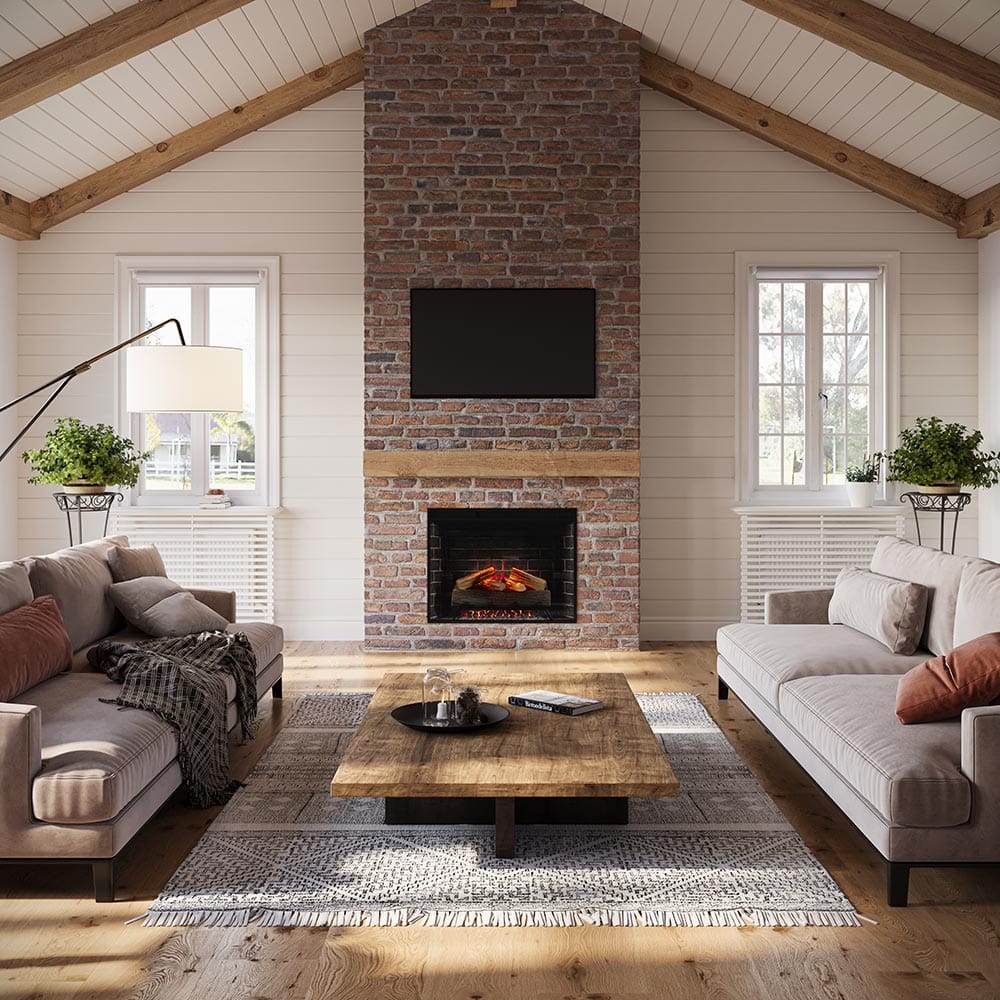Is there a ban on wood burning fireplaces? As environmental concerns continue to rise, many regions are reviewing the impact of wood burning on air quality. This article delves into the potential bans and regulations surrounding wood burning fireplaces while also examining their alternatives, such as electric fireplaces, and highlighting the importance of making an informed choice for your home and community.
Understanding Local Regulations and Bans
The legality of wood burning fireplaces varies greatly depending on location. In some regions, particularly urban areas plagued by air quality issues, strict regulations limit or ban wood burning altogether during certain times of the year. These regulations are often enacted by local governments in response to public health concerns, particularly the emissions produced by wood smoke, which can be detrimental to both air quality and health.
For instance, states like California and Washington have established guidelines and even outright bans on wood burning in specific zones during high pollution days. Homeowners should check their local ordinances to understand if they are included in such regulations. Furthermore, even in areas without a complete ban, certain restrictions, such as the use of non-certified wood stoves, may apply, further emphasizing the need to stay informed about local laws.
Exploring Alternatives: Electric Fireplaces
As regulations on wood burning fireplaces become more stringent, many homeowners are considering alternatives like electric fireplaces. These modern options provide the ambiance and warmth of a traditional fire without the associated drawbacks, such as smoke production or ash cleanup. Electric fireplaces use advanced technology to simulate flames while offering efficient heating options to suit any home.
In addition to being a cleaner choice, electric fireplaces are also a more cost-effective solution for many homeowners. They often require less maintenance, have lower installation costs, and can be easily incorporated into existing home décor. Furthermore, they eliminate the risks associated with wood-burning fireplaces, such as chimney fires and outdoor air pollution, making them a sensible alternative in today’s eco-conscious era.
Moreover, many electric models emulate traditional fireplaces, combining style with functionality. Options range from sleek, contemporary designs to more rustic looks, ensuring there’s an electric solution for everyone’s taste. As many regions tighten regulations on wood burning, transitioning to an electric fireplace could be a beneficial choice for both the homeowner and the environment.
In summary, while the ban on wood burning fireplaces varies from one area to another, the trend towards stricter regulations is clear. Understanding local regulations is essential for homeowners with wood burning fireplaces. Electric fireplaces provide a sustainable and stylish alternative that not only adheres to current environmental standards but also enhances home safety and convenience. An informed decision will ultimately benefit both your household and the surrounding community. Consider making the switch to electric for a cozier, cleaner future.

